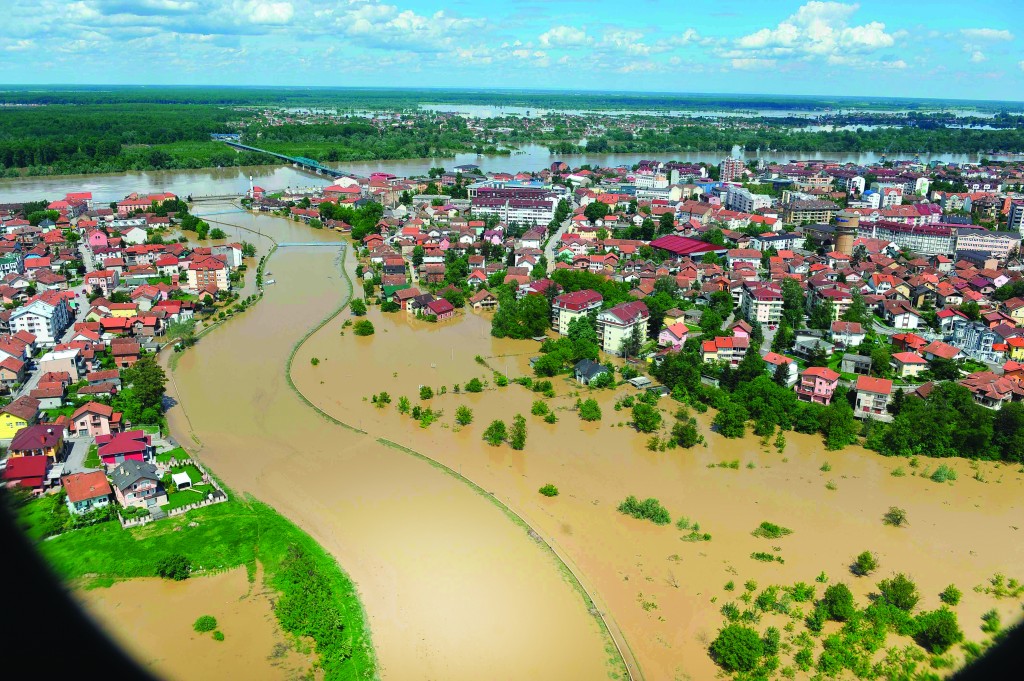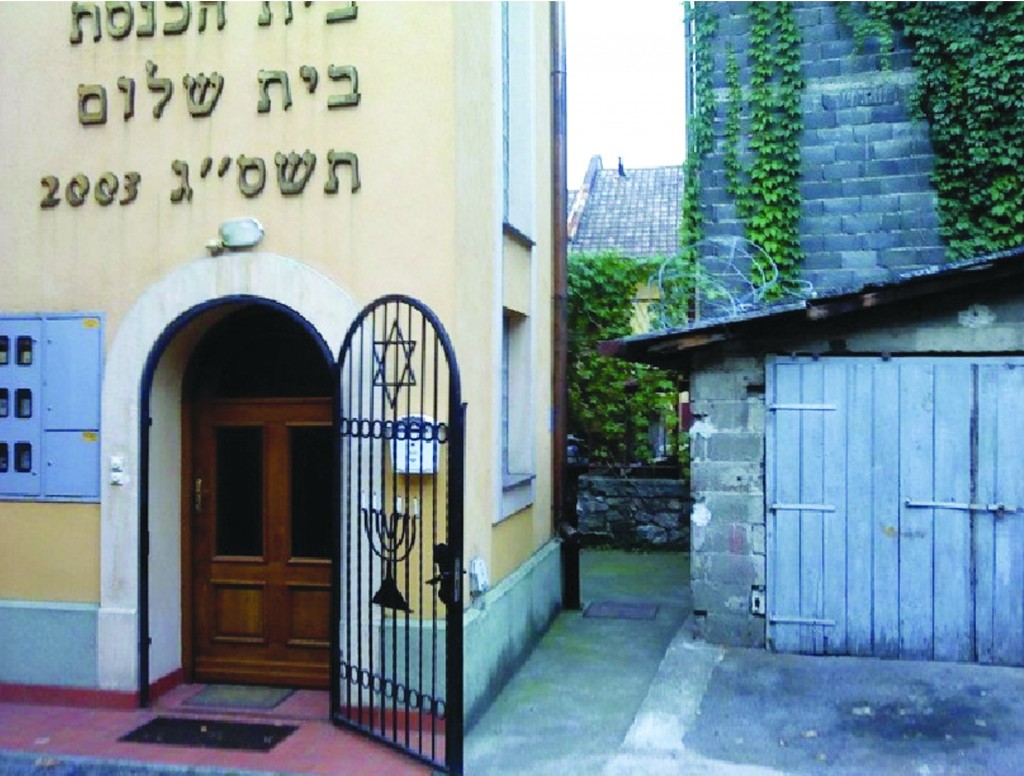Unprecedented Flooding in Balkan States








The most terrible floods in the past 120 years have hit Croatia, Serbia and Bosnia. The rains started on May 13 and, only a few days later, entire cities in Bosnia and Serbia were already flooded, followed by flooding in Eastern Croatia. Torrential floods destroyed bridges and infrastructure and caused about 2,000 landslides which additionally damaged many towns and villages, sometimes wiping them away completely. The landslides caused minefields to slide as well. This means that previously marked minefields are dislocated and some landmines are floating around freely now, unmarked.It is estimated that about 2.1 million people have been affected. Thousands lost everything within 20 minutes.
People who were war refugees 20 years ago are climate refugees now. For the second time in their lifetime, some people have left their homes, taking nothing. No clothing, no shelter, no home, no family albums. Despair. My heart wept. The hearts of the nation wept and for the first time since the violent split of former Yugoslavia, we all became one. The rains and the rivers knew nothing about administrative divisions, and spared nobody.
Slovenia and Macedonia, which were not affected by floods, helped readily. Croatia, Serbia and Bosnia networked. Unprecedented solidarity took place.
As soon as the flooding started, I converted my school, a language institute for adults, into an aid collection center, organizing an online outreach campaign and involving neighbors, students, and their families. When the first people crossed the threshold of my school bringing food, clothing and personal hygiene items, I jumped for joy. And then I cried.
People are bringing supplies all day long and all I do is sort-pack-ship: truck after truck and van after van. The organization of students from Bosnia and Herzegovina sent their members to the field and they identified the places where aid was most needed. I also invited people through social networks to tell us exactly where to go. And it works. People who live in western European countries phone us to tell about the elderly who need supplies and students are delivering parcels door to door. Our boxes even reached the tiny Jewish community in the Bosnian city of Doboj, which had flooded in under six minutes!
Nobody knows what’s going to happen next and everybody is afraid of infectious diseases caused by the decay of dead animals. In eastern Croatia alone, there are 16 tons of dead cattle and other animals. Snakes and rats are all over flooded places; mosquitoes, too. It is hard to believe that the apocalyptic scenes are real. The flooded area was estimated to be about 23,000 square kilometers (larger than the state of Israel).
In some places, water has not yet withdrawn, and so no cleanup is possible, while in other cities, people have started cleaning their homes. My friend’s father from Maglaj tells her that he walks what used to be the streets and just weeps. There are no roads, no stores, no ATM … nothing. Cemeteries were washed away. There is only a line for rationed food.
Croatia’s biggest problem, apart from displaced people, is all the dead cattle because that was a farming region. People brought their animals up to their attics, thinking the water would never rise that high. Now they cannot bring the dead, bloated animals out through the doors. (Imagine a cow four times its normal size.)
* * *
Bosnia has been a home to Sephardic Jews since 1492 and the first Ashkenazi Jews arrived from Hungary in 1686. Nowadays, in many places, only Jewish cemeteries are left as a remnant of once-vibrant Jewish life, but small Jewish communities still exist in some parts of the country. The floods have also been devastating to the Bosnian Jewish communities of Doboj, Bijeljina, Banja Luka, Prijedor and Novi Grad.
The synagogue of Doboj, one of the cities which has been completely destroyed by the floods, is located on a hill and it was one of the very few structures in Doboj that was not flooded. It is being used as an emergency rescue center now. A Jewish family named Blagojevi reports being trapped on the 7th floor of a skyscraper until they were evacuated days later. Until rescue teams came they had no food, water or electricity. They used their cell phones sparingly and only for emergency calls because the phones could not be charged. The water level outside was 20 feet high.
the Jewish Distribution Committee (JDC) arrived in Doboj on Monday bringing eight tons of supplies including mattresses, masks, gloves, boots, tools and food.
The Serbian town of Kragujevac was flooded on Monday and no reports have been received from the Jewish community as of the time this newspaper went to print.
A Jewish choir called Baruch Brothers held an open-air performance in the Belgrade city center on Monday, fundraising for flood victims.
My concern is that the victims will be forgotten soon. European Parliament elections were held last Sunday and political talk has already taken over the news. Victims are wondering when will they be able to resume their lives. Hoping that it is going to be by September, my school is collecting book donations for re-establishment of libraries once these people go back home.
I think I don’t know a single person who did not participate in relief efforts — some more, some less.
My contribution was very humble, but I mobilized all the resources I could to help out. And I may have done so because I was a refugee when I was a teenager. I recognize the sorrow, the disbelief and the fear in those people’s eyes. The stages they are going to go through are familiar to me. What I bought first for them was a pack of combs. Not because a flood victim necessarily needs a comb, but probably because I remembered how I couldn’t untangle my hair as a refugee and there was no one to borrow a comb from, because we all had nothing.
I asked myself many times why I was suffering while others were enjoying a carefree teenage life.
Maybe so I would be able to identify many years later and offer a helping hand.
This article appeared in print on page 32-33 of edition of Hamodia.
To Read The Full Story
Are you already a subscriber?
Click "Sign In" to log in!

Become a Web Subscriber
Click “Subscribe” below to begin the process of becoming a new subscriber.

Become a Print + Web Subscriber
Click “Subscribe” below to begin the process of becoming a new subscriber.

Renew Print + Web Subscription
Click “Renew Subscription” below to begin the process of renewing your subscription.









